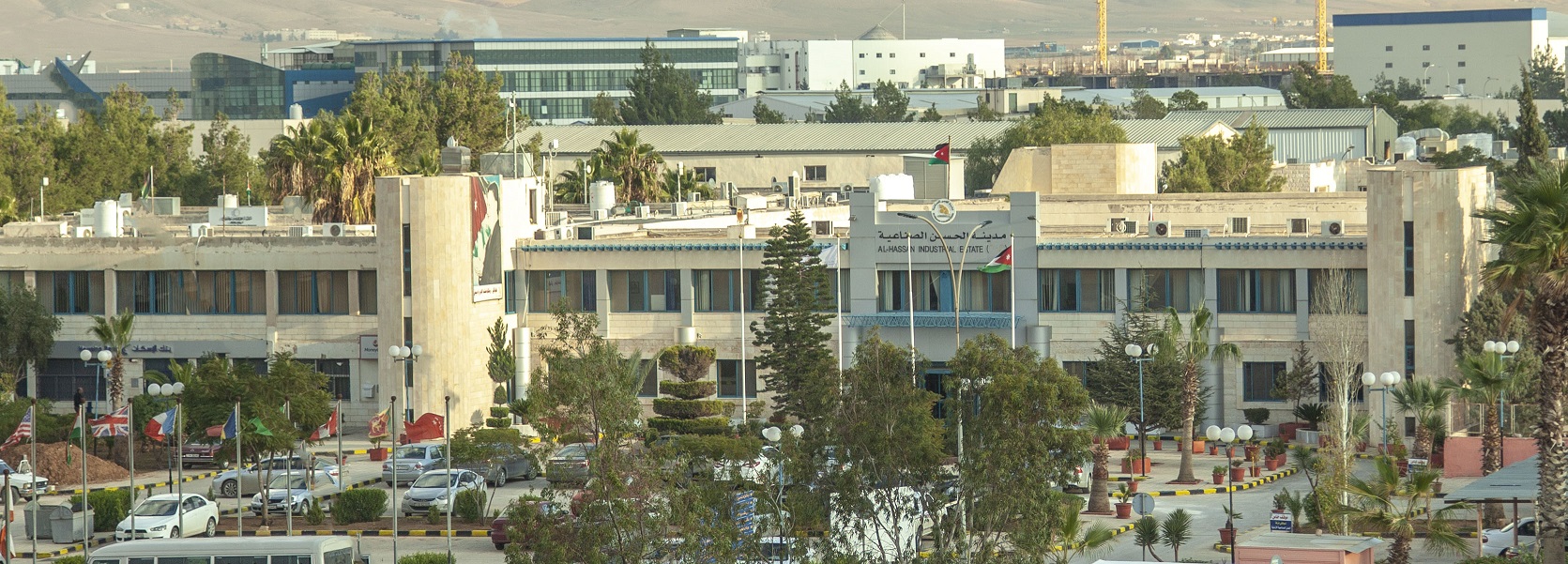
Al Hassan Industrial Estate is recognized as the platform for the Jordanians companies manufacturing Pesticides and veterinary medicines and agricultural fertilizers, which have made their way to enter the world markets due its quality and conformity to international standards.
The statistics and figures of the Jordanian Industrial Estates Company, reveals more than ten industrial companies working in the estate in the field of pesticide, veterinary and agricultural fertilizers. The volume of investments amounted to approximately JD 36 million, offering about 400 jobs In various professions and functions, which export their products to various international markets.
Eng. Mohammed Owais is an investor in this field and his company 'Mopidco' is one of the largest companies working in this field in the industrial estate with a capital of about 20 million Jordanian dinars and includes half of the workforce working in this field that the veterinary industry is comparable to the human medicine industry which they reach almost 1000 workers.
Owais said that the success achieved by MEPEDCO was reflected in the new job opportunities in this field, which were found by qualified Jordanian youth in various medical and agricultural specialties, as well as training and qualification opportunities in the company's laboratories, which are the latest in this field. MEPEDCO today is a Jordanian success story that has reached 40 countries around the world and is able to keep abreast of developments in the agrochemical industry and public health pesticides, adding that his company owns two external factories in KSA and Syria.
Like other industrialists, Oweis calls for more support to industrialists to maintain the existing industries in general and the industry of veterinary medicines and fertilizers in general, pointing out that the increase in production costs affected the competition in addition to reviewing the international conventions that the private sector did not achieve any benefit In addition to protecting the Jordanian product and intensifying control efforts.
Moreover, Oweis also calls for helping industrial companies to achieve integration among industrial companies by exchanging raw materials in addition to increasing the period granted in annual licenses and contact the official authorities of these procedures such as Customs Department, Ministry of Agriculture and others, since the delay in issuance of approvals sets an additional cost on industrial companies.